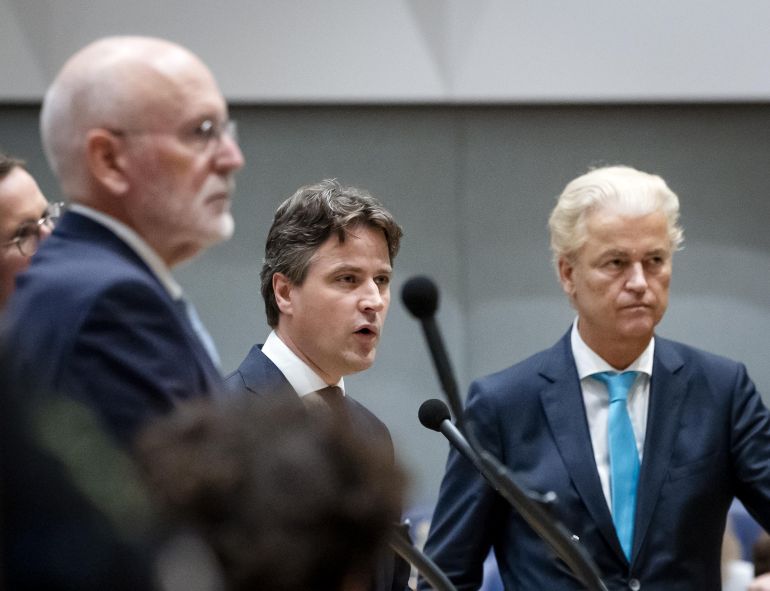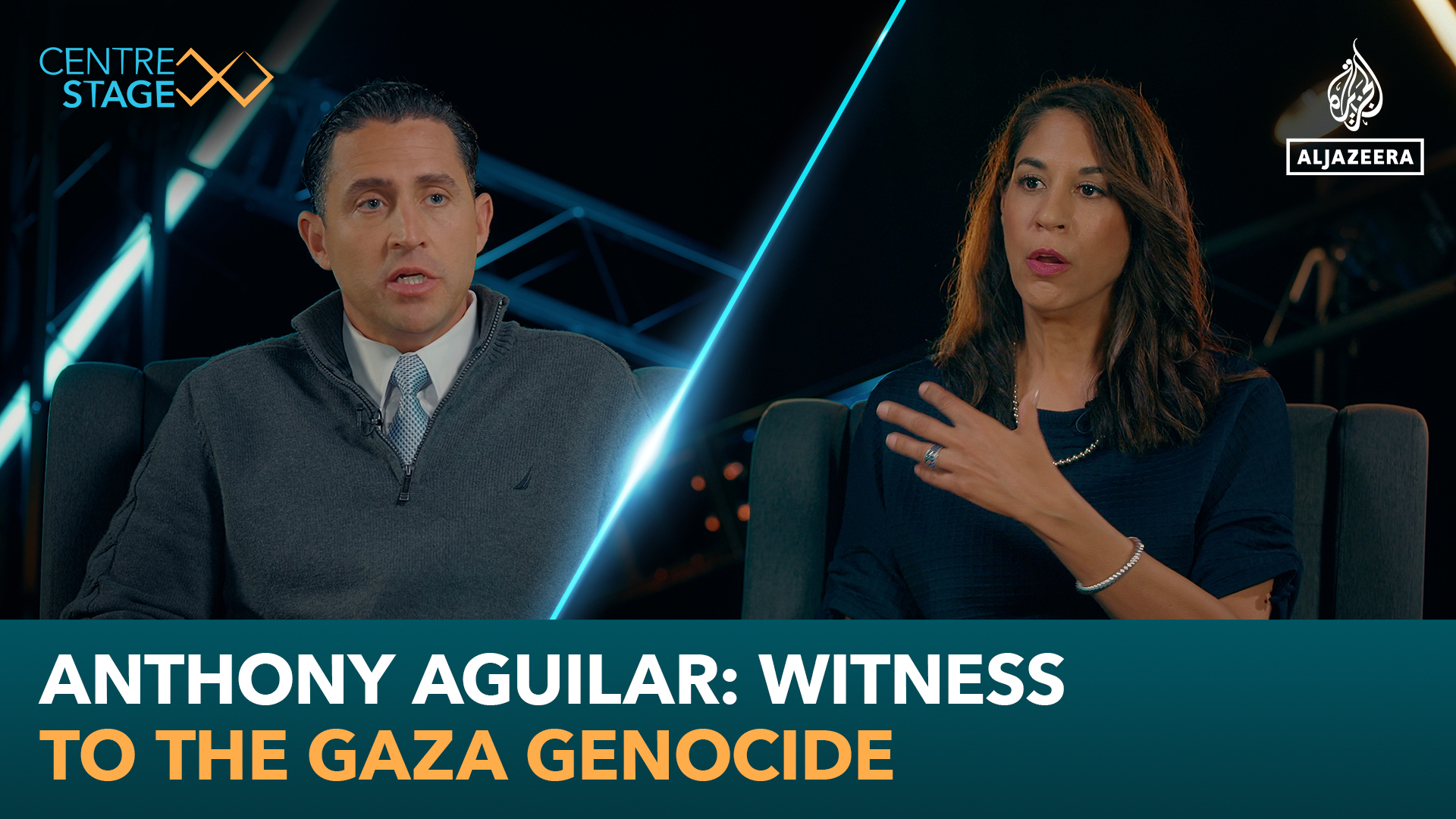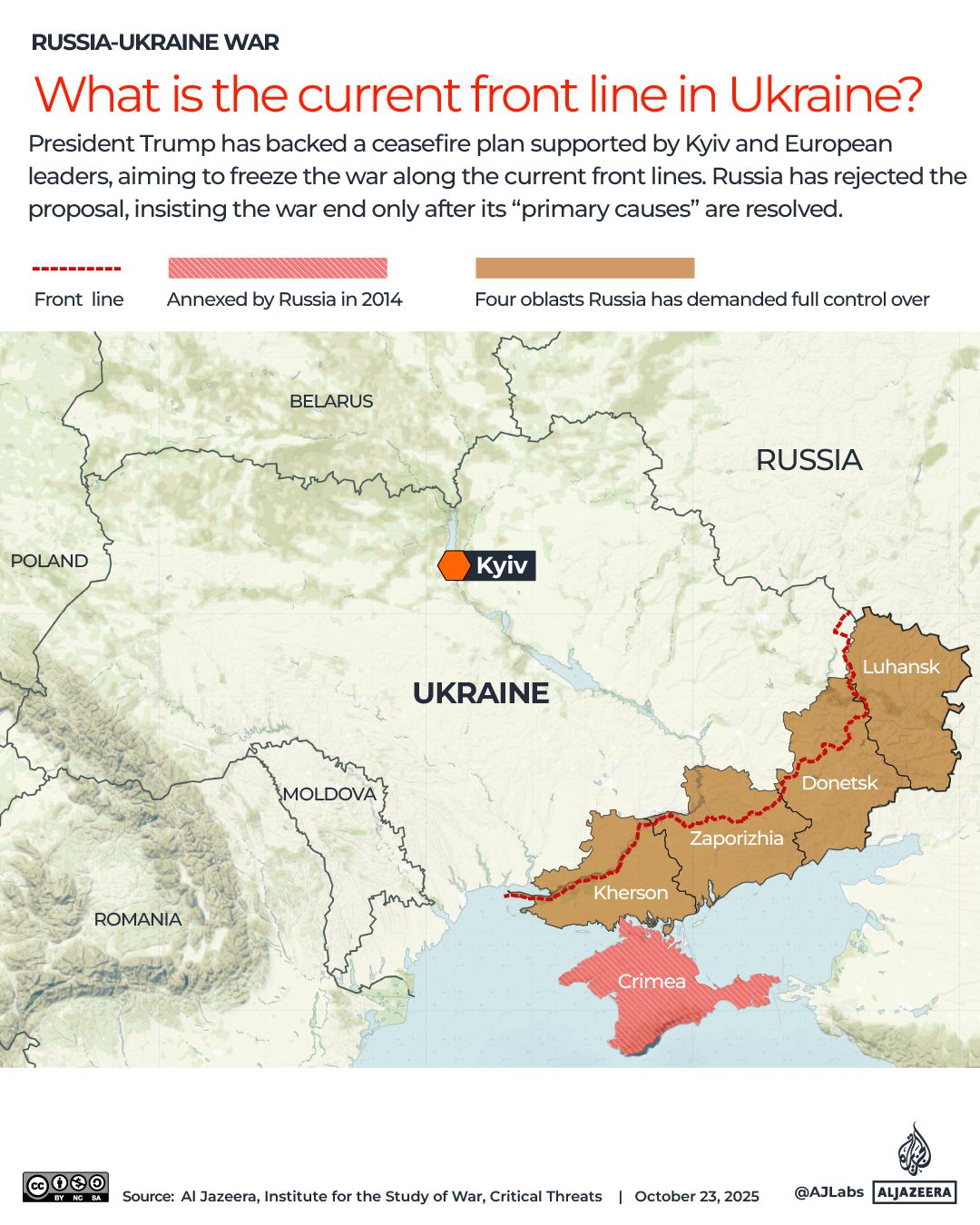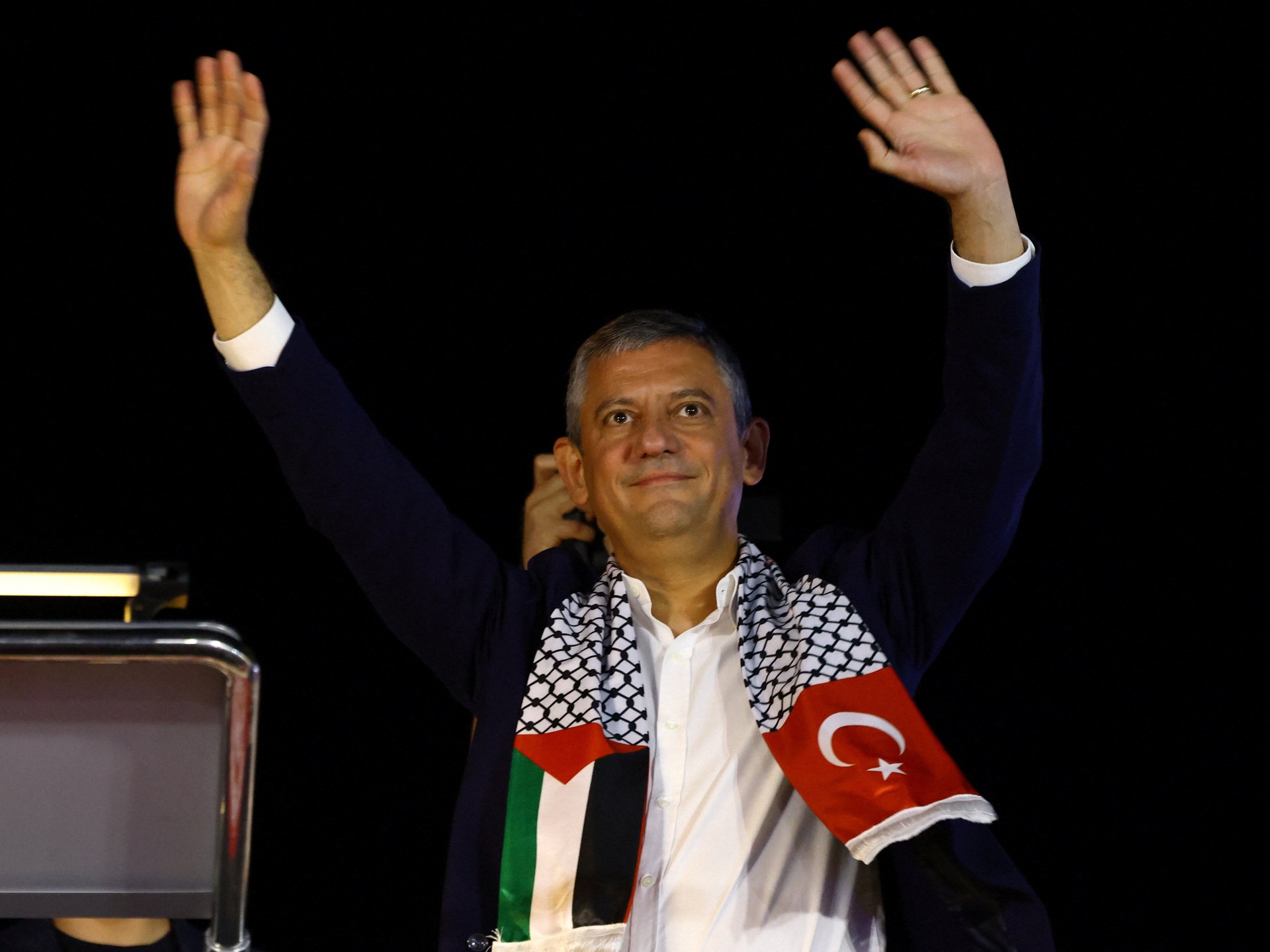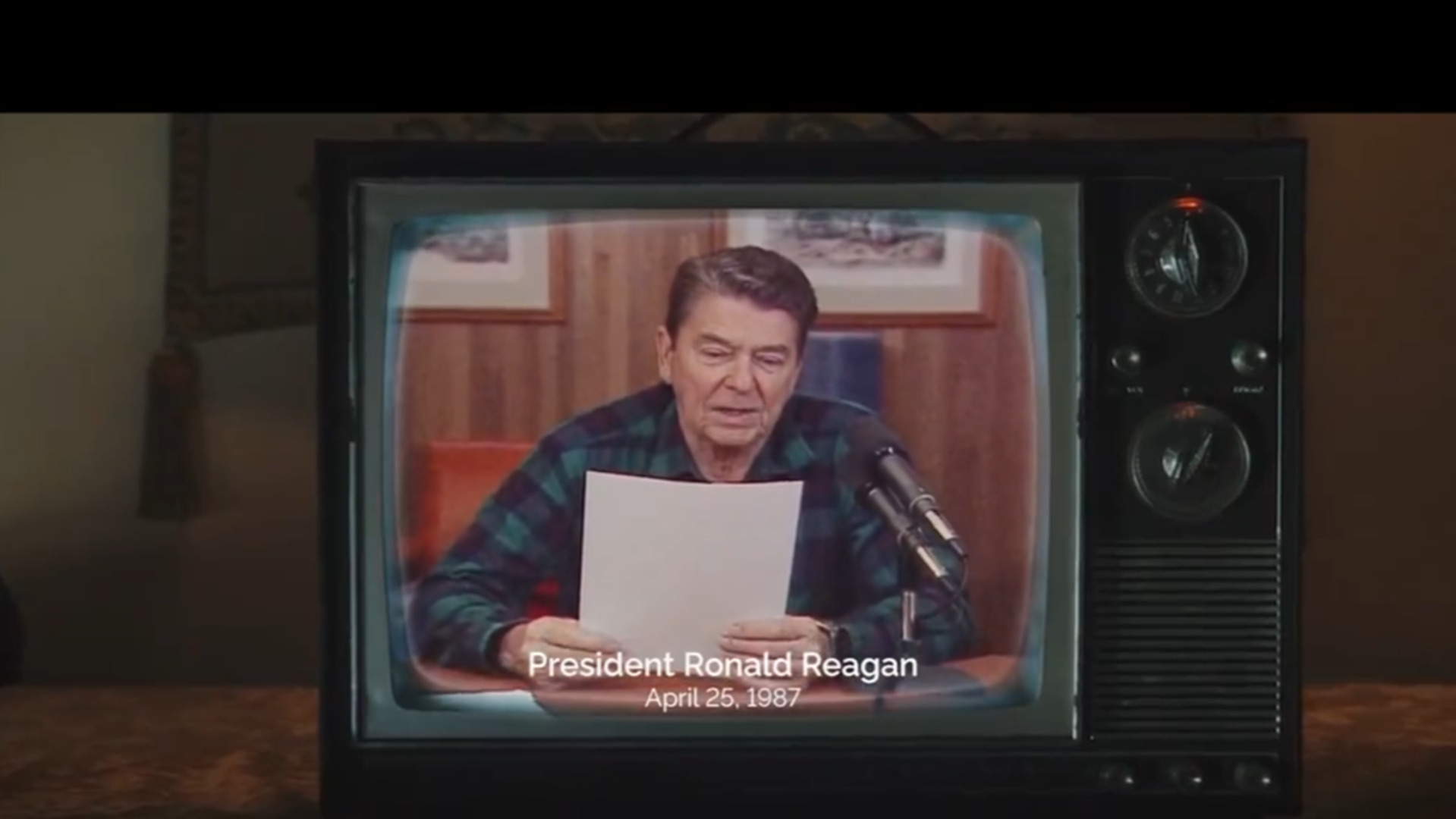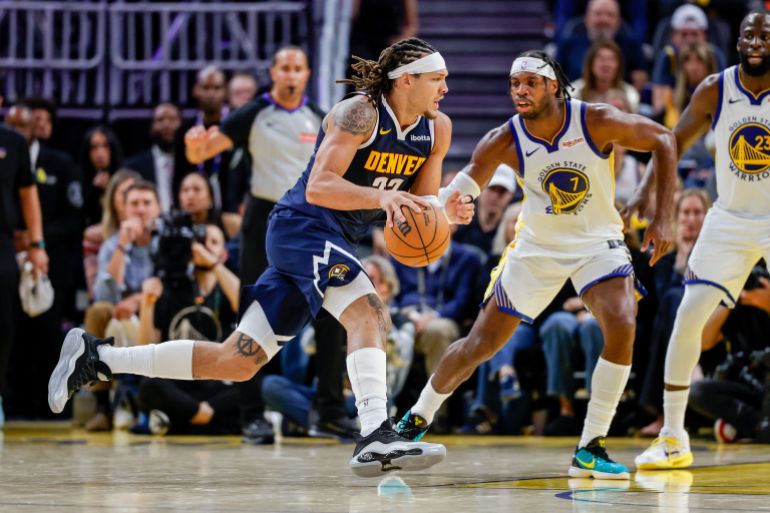The chances of the country’s far-right Party for Freedom (PVV) winning another election are increasing as the country prepares for a snap parliamentary election on October 29 – less than halfway through its usual four-year term since the ruling coalition’s collapse.
An outright win is next to impossible. Due to its proportional representation electoral system, which gives parties access to seats in parliament according to the number of votes they receive, the Netherlands has always had a coalition government made up of at least two parties.
Recommended Stories
list of 3 itemsend of list
In the most recent election, in November 2023, the PVV, led by Geert Wilders, also received the most votes. To create a coalition government, it then formed a coalition government with three other far-right organizations: the Farmer-Citizen Movement (BBB), New Social Contract (NSC), and the People’s Party for Freedom and Democracy (VVD).
But in June, PVV made a dramatic exit from the coalition government over a disagreement on immigration policy. The other parties demanded further discussions, despite the fact that PVV had hoped to have a stricter asylum policy that would include deporting dual nationals who had been found guilty of crimes.
Wilders made a dramatic announcement on X that it would leave the coalition if other parties refused to support PVV’s plans.
Coalition partners slammed this decision and accused Wilders of being driven by self-interest. Wilders “chooses his own ego and his own interests,” according to VVD leader Dilan Yesilgoz at the time. I’m shocked. He throws away the chance for a right-wing policy”.
Independent Prime Minister Dick Schoof announced that he would step down following the pull-out and that a snap election would take place this month.
Caspar Veldkamp, the NSC’s foreign minister, resigned in August after failing to secure support for new sanctions against Israel for its conflict in Gaza and its humanitarian situation there. In solidarity with Veldkamp, other NSC party members left the coalition, leaving only two parties remaining.
The PVV’s seat count in the 150-seat parliament is predicted to increase as an election draws nearer. No single party ever reaches that figure, which has resulted in coalition formation, despite the fact that a winner needs 76 seats to form a government.
According to a poll by the Dutch news outlet, EenVandaag, on October 14, the PVV is projected to secure 31 seats. The center-right Christian Democratic Appeal (CDA) is polling at 23 seats, while the center-left Green-Labour Alliance (GroenLinks-PvdA) is polling at 25.
The center-right VVD, PVV’s former coalition partner, could hold four seats for the BBB and the VVD, the former BBB. So far, the NSC is not projected to secure any seats at all.
Fears of immigration
At the end of September, EenVandaag polled 27, 191 people and found that the main sticking point between voters – and, hence, between the leaders, PVV and GroenLinks-PvdA – is immigration. It was the main topic in the eyes of half of the voters this year, according to half of the voters. Second-placed were “Dutch identity” and “Housing,” with 37%, and “Dutch identity” was third.
While the PVV is firmly anti-immigration and wants to impose a much stricter border policy and asylum laws, GroenLinks-PvdA would prefer to allow a net migration figure of 40, 000 and 60, 000 migrants per year.
This problem is making people frighten. A right-wing activist known as “Els Rechts” staged a protest against immigration in The Hague last month that attracted 1,500 attendees. According to reports, protesters threw stones and bottles at the police, set a police car alight and smashed windows of the left-wing Democrats 66 (D66) party offices.
Left-wingers are losing control of the narrative, even though they claim the far-right has wildly hyped up the immigration issue.
According to Esme Smithson Swain, a member of MiGreat, a Dutch non-governmental campaign group that promotes the right to free movement and equal treatment for migrants in the Netherlands, the far right has “constructed a narrative that there is a migration crisis” in the Netherlands and the UK more broadly.
“They’ve managed to construct this idea of a crisis, and that distracts our attention away from populism, away from arms trades, away from social services and the welfare state being sold off”.
Whatever its merits, the right-wing belief that immigration is the root of many social problems seems to be permeating everything. The far-left, pro-immigration BIJ1 party, which rejects this claim, is not expected to win any seats in this election.
Immigration “is a key term especially for right-wing political parties to win the election”, Noura Oul Fakir, a candidate for the BIJ1 party, told Al Jazeera. This fight for equality and justice is interconnected with other issues that we see today, not just immigration, but because we examine everything that has been going on from a systemic point of view.

People ‘ more emboldened to express racist views ‘
By January 1, 2024, the Netherlands had 2.9 million people living there (same as the population’s average across the member states of the European Union) compared to 9.9 percent (44.7% total).
According to data from the EU, Germany has 16.9 million migrants (22.2% of the population), France has 9.3 million (13.6 percent), Spain has 8.8 million (18.2%), and Italy has 6.7 million (11.3 percent) of the population.
Mark van Ostaijen, an associate professor in public administration and sociology at Erasmus University Rotterdam, explained that immigration has become a mainstream talking point in “housing, care, educational and cultural policy domains”.
According to figures released by the Ministry of Housing and Spatial Planning (VRO), the Netherlands is currently short of 434, 000 homes, with 353, 000 of those being first-time buyers and 81, 000 of those being first-time buyers.
Therefore, what is perceived as a housing crisis was brought on by immigration.
According to Statistics Netherlands (CBS), 316, 000 migrants arrived in the country in 2024, 19, 000 fewer than in 2023. However, according to CBS, population growth is still largely attributable to net migration, with the bulk of migrants coming from Syria and Ukraine.
Given that the Netherlands was already leaning toward the conservative viewpoint, van Ostaijen told Al Jazeera, “I think this is indeed something that will continue the electoral legitimacy of far-right parties, or right-wing parties, even more.”
“This will be a topic that will haunt our politics and our democratic decision-making and discourse for quite a while”, he said.
This is supported by anecdotal evidence. In the wake of the expansion of the PVV, Fakir and her colleagues have noticed a change in the experiences of immigrant residents in the nation.
“In their personal life]they have seen] a noticeable shift where people feel more free or emboldened to express racist views, both online and in real life. People are telling them to “go back to your own country, or you’re not Dutch,” she said, echoing the old adage.
The anti-immigration protests at the Hague have “further cemented polarization among Dutch voters” and have caused centrist parties to align with the right-wing narrative, according to Nassreddin Taibi, a recent graduate who plans to vote for GroenLinks-PvdA.
“These protests have influenced the discourse in the sense that centrist parties now say that cutting immigration is necessary to win back trust of voters in politics”, he said.
Nearly half of voters are still unsure.
The far-right PVV is expected to take home the most seats in this election, but it will still have to work together because coalition government members like the centre-right People’s Party for Freedom and Democracy (VVD) have ruled out joining a coalition.
Furthermore, the PVV’s leader, Wilders, has not escaped controversy with his Islamophobic comments and anti-migration stance despite the rise in anti-immigration sentiment across the country as a whole.
Wilders’ comparison of Islam to Nazism in 2007 and his reference to the Muslim holy book, the Quran, as “fascist” in a letter to a Dutch news outlet are two notable incidents over the years. His letter and comments led to Wilders’ denial of his charges of inciting hatred and discrimination. In 2011, he was acquitted by a judge who ruled that his comments had fallen within the scope of free speech.
A smiling, blonde, and blue-eyed woman, representing the PVV, and an elderly, creased, angry-looking woman wearing a headscarf, representing the PVV were both depicted in an earlier image posted on X in August of this year. The phrase “The choice is yours on 29/10” was added to it.
Aan U de keuze op 29/10 pic. twitter.com/royhcInDlm
Fake news and misinformation have also driven the rise in far-right narratives, analysts say.
The Facebook page “Wij doen GEEN aangifte tegen Geert Wilders” (We are NOT filing charges against Geert Wilders), which claims to be a page for PVV supporters and has 129, 000 followers, stated it does not intend to be “discriminatory, hateful, or incite violence,” but it has nonetheless posted AI-generated images of this kind.
A white family is allegedly being harassed by men of color in one of these images, which received 1,700 likes.
In another, a white woman is seen in a supermarket paying for groceries while surrounded by Muslim women wearing hijabs and niqabs, with the caption: “No mass immigration, no Islamisation, no backwardness of the Dutch”. 885 people liked the post.
Judith Uitermark, the country’s incoming home affairs minister, stated that the country is looking into new ways to combat fake news while the country’s proportional representation system, which guarantees no party ever wins a majority, is a measure of protection from the rise of extremism.
Still, the Dutch Data Protection Authority has warned voters not to use AI chatbots to help them decide who to vote for.
And many people are still making their decisions. According to EenVandaag, about 48% of voters are still unsure about their choice of candidate. If the GroenLinks-PvdA can disengage from right-wing talking points and, instead, focus on its own policies more, it may perform better than expected, analysts say.
However, this will not be simple.
We find ourselves fighting off the narrative and the far-right’s populist ideals more quickly than we can push for our own agenda, both as a civil society organization and as campaigners. And I think a lot of the time that leaves left-wing parties in the Netherlands seeming a bit hollow”, Swain said.
Despite what appears to be a “vast and growing far-right majority of the population,” she claims that she is holding out for this election.
“I find that there is a certain level of division between us and them,” she says. Us campaigning on the left and this growing mass of the far right”, Swain said.
